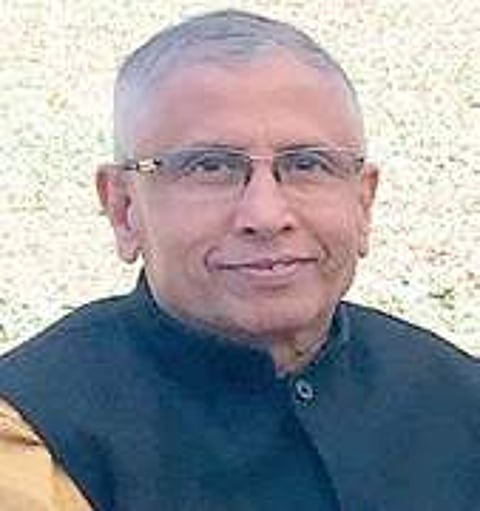

Whenever I hear of large number of people getting cheated by get-rich-quick ‘pyramid’ or ‘Ponzi’ schemes, I am reminded of the famous lines of Abraham Lincoln: “You can fool some of the people all of the time.” It is a pity that human beings don’t learn from mistakes of others and keep on investing their hard earned money on schemes that promise to give them unusually high rates of interest.
It is reported that between 2013 and 2016, more than 400 cases had been registered in Karnataka against 10 companies who had cheated over 18 lakh investors to the tune of Rs 3500 crores. In November 2018, the Enforcement Directorate had written to the State Government about a Bengaluru based firm which was operating a potential ‘ponzi’ scheme in the name of ‘halal’ investment.
The ED found the offer of 10-12 per cent returns per month intriguing in the name of Islamic banking, which is based on the Shariat or Halal law. What is surprising is that a similar scheme in Bengaluru, which has reportedly cheated thousands of poor investors in the name of religion, did not come under the lens of revenue or police officials and allowed to continue its operations unhindered.
The basic feature of a ponzi scheme is a guaranteed promise of high returns with little risk. The investor is expected to bring in more and more investors into the scheme and is told that if the ‘link’ or ‘chain’ is broken, he would lose getting interest. Most such schemes are not registered with the concerned authorities. The firm does not explain to the investors its investment strategies and that the investors are not allowed to withdraw the money invested.
In all such schemes the first few investors are able to get the promised interest, because the interest is paid using the funds paid by the new investors. Once the firm does not get new investors, it simply shuts shop. Such schemes thrive because of backing by influential people who may be politicians, or religious leaders. They also thrive because law enforcement officials turn a blind eye.
In almost all such cases, the investors have no chance of getting all their money back. If during the investigation the officers are lucky to seize properties found in the name of the promoters/Directors of the company, the same will be auctioned and proceeds are distributed on a proportional basis to the investors. Karnataka has enacted a law called ‘Karnataka Protection of Interest of Depositors in Financial Establishments Act 2004’, which is invoked in such cases.
But investigation of the cases, seizure of property and its auction after the courts grant permission take a very long time and chances of getting one’s money back is quite bleak. It is therefore prudent not to invest on any scheme which promises unduly high rate of interest.
DV Guruprasad
The author is the former Director General of Police and is a writer, trainer and motivational speaker